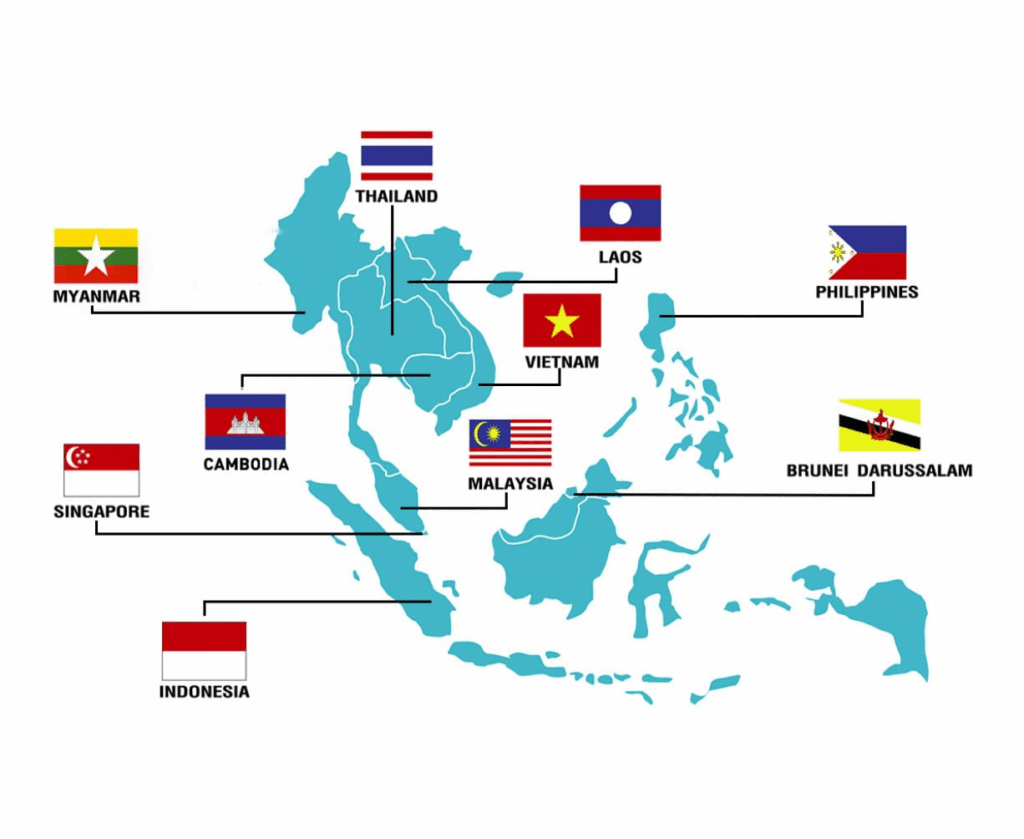The landscape of online gaming regulation across Asia presents a complex mosaic of approaches, reflecting diverse cultural attitudes, economic priorities, and governance structures. For players, platforms, and investors alike, understanding the various online gaming licenses available throughout the region provides crucial context for navigating this rapidly evolving industry responsibly and legally.
The Regulatory Spectrum Across Asia
Asian countries have adopted significantly different approaches to online gaming licenses, creating a regulatory spectrum ranging from comprehensive frameworks to outright prohibition:
Comprehensive Regulatory Frameworks
Several jurisdictions have established detailed licensing systems with specific categories for different gaming activities:
- Multiple license tiers based on game types (casino, poker, sports betting)
- Separate licensing for B2C operators versus B2B suppliers
- Special categories for live dealer operations
- Technology provider certifications
- Testing laboratory approvals
These structured approaches create clear pathways for legitimate operation while establishing robust consumer protections.

Limited or Evolving Frameworks
Other regions maintain more limited or emerging regulatory structures:
- Single license types covering multiple gaming categories
- Special economic zone licensing with geographic restrictions
- Provisional licensing systems during regulatory development
- Foreign license recognition systems
- Limited domestic licenses with international operator restrictions
These frameworks often reflect transitional approaches as jurisdictions develop more comprehensive systems.
Major Asian Gaming Jurisdictions
Several key jurisdictions have established themselves as significant hubs for online gaming licenses in Asia:
The Philippines: PAGCOR and CEZA Frameworks
The Philippines maintains one of Asia’s most established regulatory frameworks through two primary licensing bodies:
PAGCOR Licensing
- Focused on domestic market regulation
- Multiple license categories based on product offerings
- Combined land-based and online operational options
- Robust operational requirements including local presence
CEZA Licensing
- Primarily export-focused licensing (serving non-Filipino players)
- Technology and support service licensing
- Lower tax structure for international operations
- Physical office requirements within special economic zones
The dual-system approach has established the Philippines as a major regional hub for legitimate gaming operations.

Singapore: Carefully Controlled Approach
Singapore maintains a highly selective approach to gaming regulation:
- Extremely limited number of approved operators
- Strict separation between domestic and international operations
- Comprehensive probity investigations for all license applicants
- Ongoing compliance requirements with regular auditing
- Substantial financial guarantees required
This conservative approach emphasizes quality over quantity in its licensing framework.
Essential Components of Asian Gaming Licenses
Despite regulatory variations, most legitimate online gaming licenses across Asia share several common requirements:
Financial Requirements
Licensing frameworks typically impose significant financial prerequisites:
- Minimum capital requirements (often ranging from $150,000 to several million USD)
- Security deposits or performance bonds
- Proof of financial stability and sustainability
- Banking relationship verifications
- Anti-money laundering compliance systems
These financial safeguards help ensure operators can fulfill obligations to players and regulatory authorities.
Technical Standards
Legitimate licenses mandate specific technical standards:
- Certified random number generators
- Regular third-party testing of gaming software
- Secure data protection systems
- Responsible gaming tools implementation
- Technical infrastructure redundancy
These standards ensure game fairness and system reliability.
Operational Requirements
Day-to-day operational obligations typically include:
- Know-Your-Customer (KYC) verification procedures
- Anti-money laundering monitoring systems
- Responsible gaming policies and tools
- Transparent terms and conditions
- Dispute resolution mechanisms
These operational standards create player protections while addressing regulatory concerns.
Player Protections Through Licensing
From a player perspective, understanding online gaming licenses helps identify platforms with meaningful consumer protections:
Financial Safeguards
Licensed operators typically provide significant financial protections:
- Segregated accounts separating operational funds from player balances
- Financial reserves sufficient to cover all player deposits and winnings
- Transparent withdrawal processes with defined timeframes
- Clear bonus terms and conditions
These protections substantially reduce the risk of player funds being compromised.
Game Integrity Assurances
Proper licensing ensures game fairness through:
- Regular testing of random number generators
- Published return-to-player percentages
- Independent verification of game mathematics
- Audited progressive jackpot systems
These integrity measures create trustworthy gaming environments.
Dispute Resolution
Licensed platforms must typically provide:
- Clear complaint handling procedures
- Defined escalation pathways for unresolved issues
- Third-party mediation options
- Regulatory oversight of player disputes
These resolution mechanisms offer recourse unavailable on unlicensed platforms.
Emerging Trends in Asian Gaming Regulation
The online gaming licenses landscape continues evolving across Asia, with several notable trends:
Increased Harmonization Efforts
Regulatory bodies are increasingly working toward:
- Shared standards for key technical requirements
- Mutual recognition frameworks between jurisdictions
- Standardized approaches to responsible gaming
- Coordinated enforcement against unlicensed operators
These harmonization efforts aim to reduce regulatory fragmentation while maintaining appropriate local control.
Technology-Specific Licensing
Newer regulatory frameworks increasingly address emerging technologies:
- Specific provisions for cryptocurrency gambling
- Virtual reality gaming considerations
- Skill-based gaming classifications
- Esports betting regulations
These specialized approaches reflect regulators’ efforts to address evolving gaming formats.
Conclusion
Understanding the various online gaming licenses across Asia provides essential context for navigating this dynamic marketplace. While regulatory approaches differ significantly between jurisdictions, legitimate licensing systems share core commitments to financial stability, technical integrity, and player protection.
For players, recognizing properly licensed platforms represents a fundamental step in making informed choices about where to play. By understanding the varying regulatory approaches across Asia, players can better identify operators committed to fair play, responsible gaming practices, and financial security.
As the Asian gaming landscape continues evolving, regulatory frameworks will likely develop greater sophistication and coordination, creating increasingly robust player protections while allowing legitimate operators to thrive in this vibrant and growing market.

